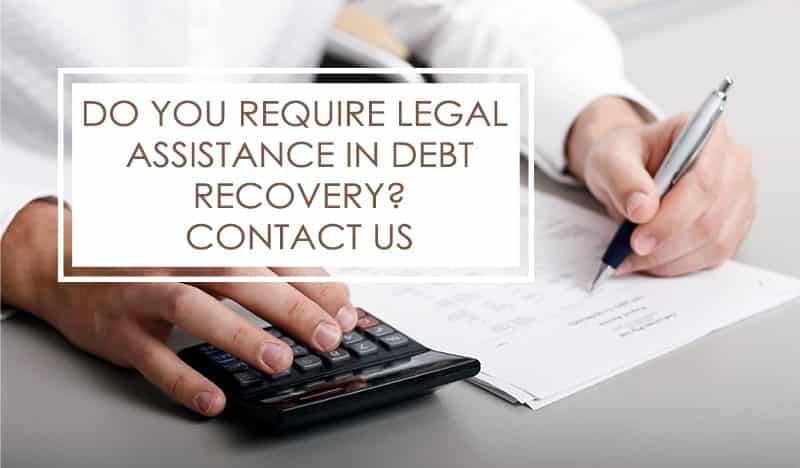Debt Recovery Procedures in UAE | Legal advocates in Dubai
Debt recovery is a crucial aspect of any business, and it can be a challenging and time-consuming process. In the UAE, there are specific laws and regulations that govern debt recovery, and it’s essential to be aware of these laws to ensure that you can recover outstanding debts effectively.
In this article, we’ll take a closer look at debt recovery laws in the UAE and what you need to know as well as best debt collection agency in Dubai.
The Legal Framework of UAE Debt collection laws
The legal framework for debt recovery in UAE is primarily governed by the Civil Transactions Law (Federal Law No. 5 of 1985) and the UAE Commercial Transactions Law (Federal Law No. 18 of 1993). These laws provide the legal basis for debt recovery and define the rights and obligations of creditors and debtors.
In addition to these federal laws, each of the seven emirates in the UAE has its own laws and regulations governing debt recovery. It’s important to be aware of these laws, as they can differ from one emirate to another.

Debt Collection Procedures
The debt collection process in UAE typically begins with an amicable settlement between the creditor and the debtor. This process involves communication between the parties to try and reach a mutually acceptable solution for repayment of the debt.
If an amicable settlement cannot be reached, the creditor can take legal action. The legal process for debt recovery in the UAE involves filing a case with the competent court. The court will then issue a summons to the debtor, and if the debtor fails to appear in court, a default judgment may be issued against them.
In cases where a judgment is issued in favor of the creditor, the creditor can then take enforcement measures to recover the debt. These measures can include seizing assets, garnishing wages, and freezing bank accounts.
Conclusion
Debt recovery can be a complicated and challenging process, but it’s essential to be aware of the laws and regulations that govern the process. In the UAE, debt recovery is primarily governed by federal laws, and each emirate has its own regulations.
The debt collection process in the UAE typically begins with an amicable settlement, followed by legal action if necessary. For non-residents of the UAE, debt recovery can be challenging, but assistance is available through debt recovery agencies and law firms. By understanding the legal framework for debt recovery in the UAE, creditors can take effective action to recover outstanding debts and maintain a healthy cash flow for their business.
We negotiate with subjects of debt and take the case to court when the matter is not resolved through negotiations (start litigation).
We specialize in debt collection, default payment issues, and debt recovery cases.
Contact us for legal assistance Khairallah Advocates & Legal Consultants.


